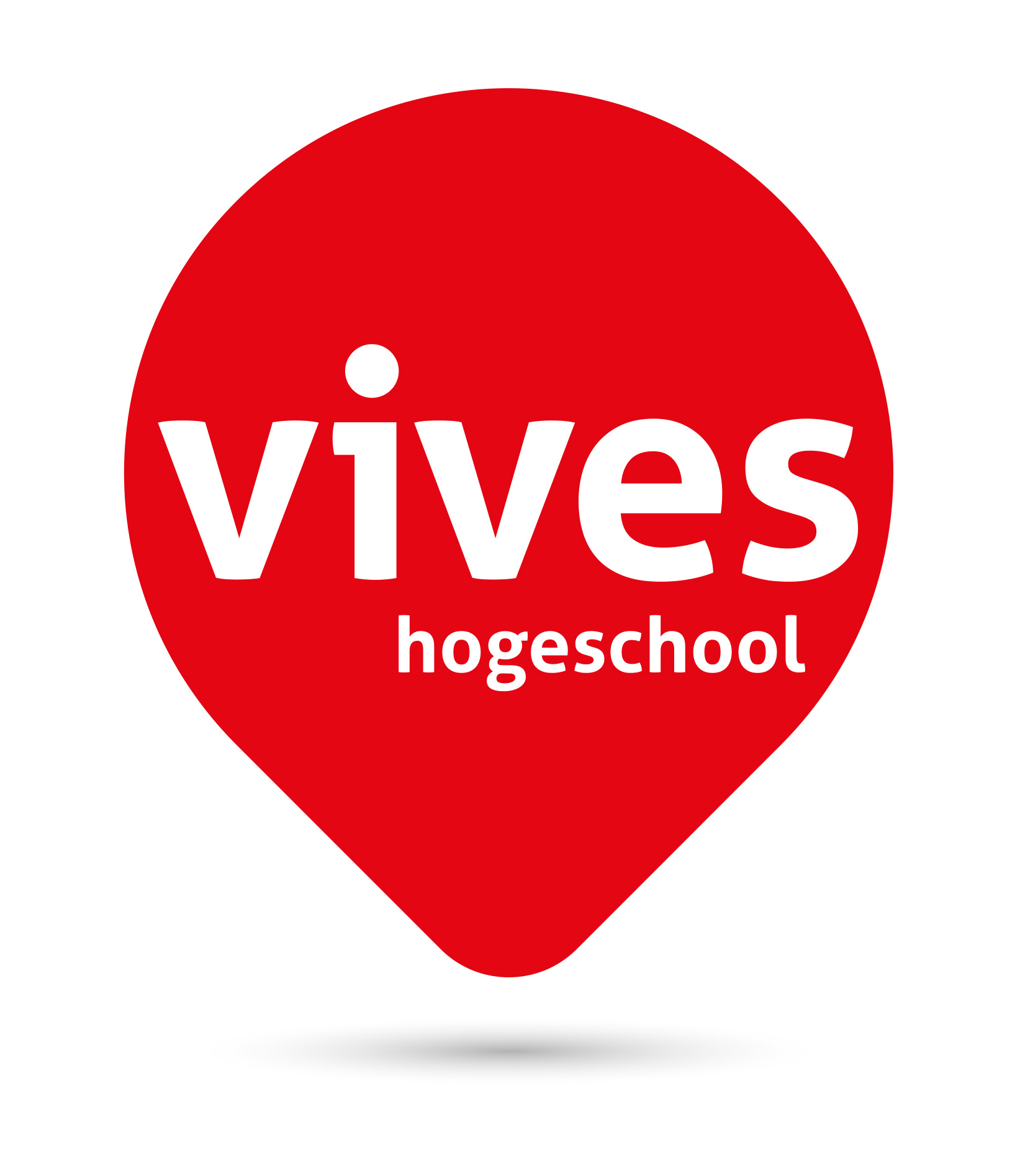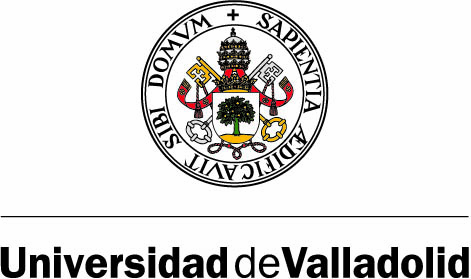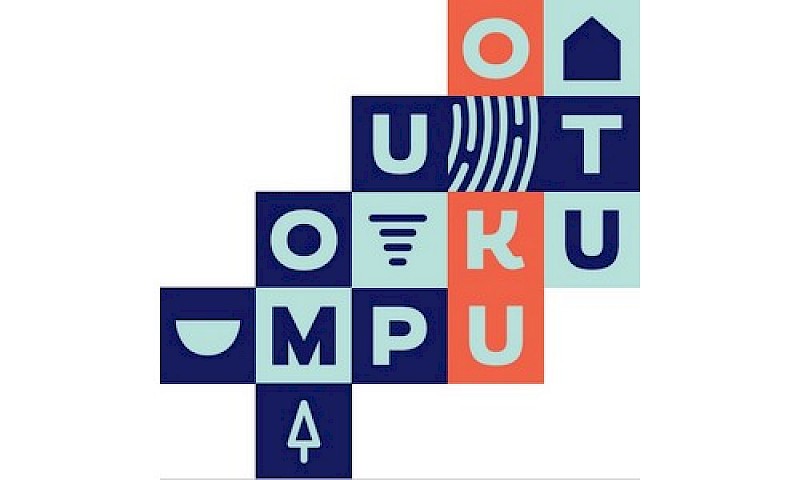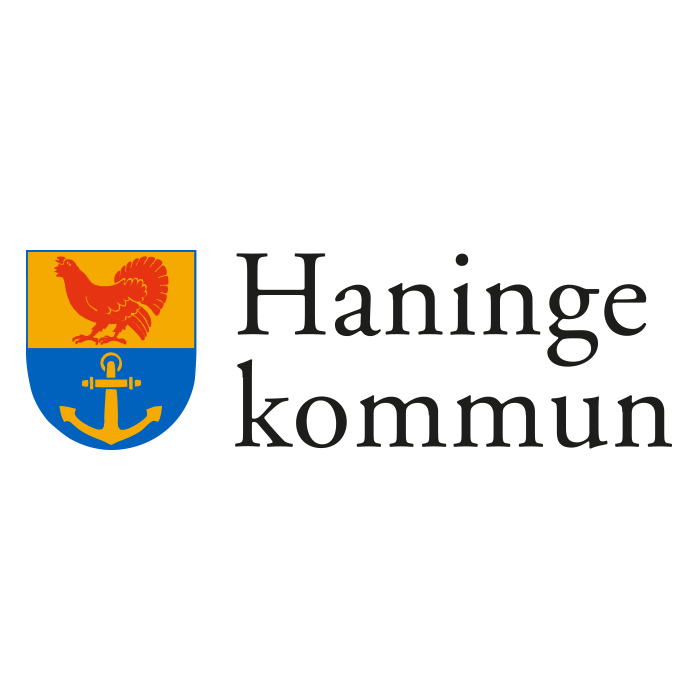Venue and Accommodation

The venue of the Summer School is located at the beautiful Old Town Campus of Vilnius University. Founded in 1579, it is one of the oldest and most famous establishments of higher education in Eastern and Central Europe.
Vilnius, the capital city of Lithuania, is a beautiful and vibrant city, especially in the early summer, when the summer school takes place. There are plenty of historical sites and cultural events to visit, and you can find the information here.
Getting here
Airports
Vilnius airport is the largest airport in Lithuania, situated just 15 min by car or public transport from the city center. Participants can also choose Kaunas airport as an option to reach the country as it takes only 1-1,5 hour to drive to Vilnius center. More information is available on the Vilnius Airport website or the Kaunas Airport website.
Trains
Vilnius can be reached easily by train from many cities in Europe. Vilnius railway station is in a convenient location as it takes barely 10 minutes on foot to reach Vilnius Old Town and the city center. One can purchase train tickets online.
Buses
There is a choice of international bus lines connecting Vilnius with other European cities. There are direct buses to Lithuania (Vilnius) from Latvia, Poland, Estonia, Russia, etc.
How to reach the Summer School venue?
Taxi
Vilnius Airport approved taxi rank can be found just in front of the arrivals terminal. Most of the taxi cabs accept cash and credit cards. We recommend A2B Taxi | +370 626 66667 or 1666
Uber and Bolt
Uber and Bolt are operating in Vilnius. You can download the apps on App Store and Google Play.
Public transportation
You can reach Vilnius Old Town and summer school by bus or trolleybus. We recommend using "Trafi" APP to find the most convenient routes. Nearest stop to the Summer School venue is called "Arkikatedra".
Accommodation
Vilnius offers different options for a comfortable and pleasant stay: from hotels to hostels. University guests usually stay at hotel Artis (https://artis.centrumhotels.com/) or hotel Artagonist (https://www.artagonist.lt/en/) as they are close to the Faculty of Philosophy where the summer school will take place. However, depending on your personal preferences you can also look for other accommodation options on booking.com or Airbnb.
Skaityti daugiau



































